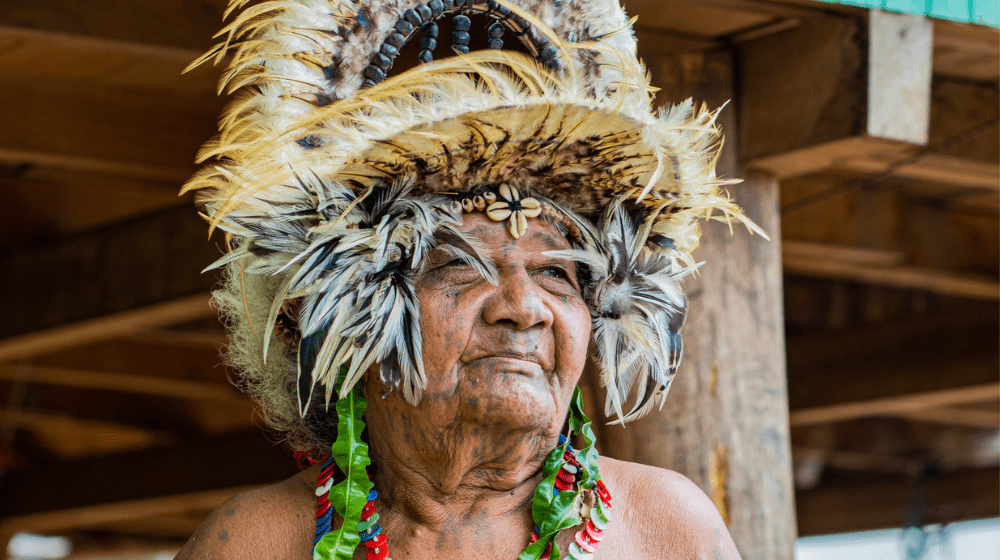Papua New Guineans are living longer.
With 56% of the population under 25, it may be easy to miss that the number of Papua New Guineans over 65 is growing. According to a new study completed by the National Statistical Office, with support from UNFPA, 3.4% of the population is now over 65 years old. This is an increase from 2.6% in 2011. This is a modest increase as a percentage, but alongside a growing population, this represents many thousands of Papua New Guineans.
With aging comes new health challenges, and health systems must be prepared for the needs of older persons.
“It is a tremendous achievement to see that the proportion of older Papua New Guineans is growing, especially in the context of the COVID-19 pandemic, which disproportionately affected older persons,” said UNFPA Country Representative Marielle Sander. “There are some countries in our region who are forging a path in responding to aging populations. Papua New Guinea is in an enviable position, given its young population, to not only respond but anticipate and plan for the growing older population.”
Anticipating the Health Needs of Older Persons
Older persons are also important as leaders, often playing a role in conflict resolution within families, in communities, and even in emergency situations.
Yet they are also often vulnerable. They may have weak social support networks, lack income, or be subject to discrimination and abuse. Older women, in particular, are vulnerable to discrimination, social exclusion, and denial of the right to inherit property. Women also tend to live longer than men and may experience deepening poverty as they age.
In addition to strengthening systems to protect older persons from discrimination and exclusion, investments can be made in health systems to anticipate the needs of this increasing older population.
“Our health needs change throughout our life, and all age groups require specialist medical services,” said Ms Sander. “For children we need peadiatricians, for women of reproductive age we need midwives and OBGYNs. For older persons we need specialists in geriatric medicine.”
These investments include increasing the health workforce to accommodate the growing population and increasing the number of medical professionals specialising in age-related conditions. These conditions may range from hearing loss and cataracts to osteoarthritis and diabetes.
“Specialist medical training takes years,” said Ms. Sander. “Integrating the required quantity of essential medicines, screening services, and equipment into our medical procurement infrastructure also takes time. We have the opportunity to anticipate these personnel and supplies needs now so that the health system can accommodate the increasing number of older Papua New Guineans.”
About the Socio-Demographic and Economic Survey
The Socio-Demographic and Economic Survey asked 5,000 households questions on demographics, education, employment, sanitation, and energy sources. The results provide updated statistics of the livelihoods of Papua New Guinean households and key indicators on progress towards the Sustainable Development Goals and PNG’s Vision 2050. The full report, including analysis of the technology enables faster data collection and reduces errors, leading to more efficient enumeration and processing for large, national data sets.
With support from the Australian Government, UNFPA supported the National Statistical Office with tablets and is committed to ongoing capacity building for the NSO on industry-leading REDATAM data processing software. In 2023, UNFPA and NSO are completing a series of data literacy workshops across all provinces to encourage utilisation of updated data sets in planning. Workshops have been completed in Western Highlands, Jiwaka, East Sepik, West Sepik, and Manus.


